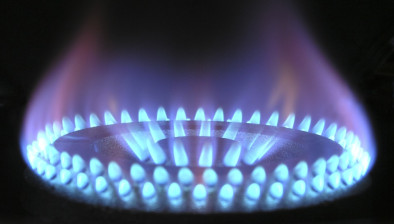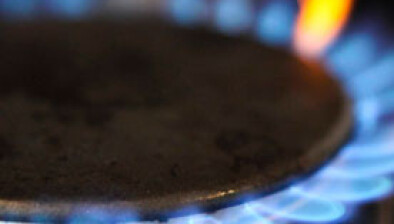Sharp rise in energy debt among Scottish households, survey finds

A growing number of households in Scotland are struggling with energy debt, according to new research published by Consumer Scotland.
The latest figures from its Energy Tracker survey reveal that 15% of Scottish consumers – an estimated 383,000 households – are now in energy debt or arrears, up from 9% the previous year.
The findings come as energy regulator Ofgem prepares to announce the latest energy price cap, which is expected to fall after a series of increases. Despite the anticipated relief, many Scottish households continue to face financial pressure when it comes to energy costs.
The survey, conducted in January and February 2025, highlights that energy debt is more prevalent among vulnerable groups, particularly those on low incomes, people with disabilities, and individuals with long-term health conditions. The number of consumers placed on prepayment meters due to debt more than doubled over the past year, from 16% to 34%.
While the number of people falling into debt has increased, some positive trends have also emerged. Fewer households report finding it difficult to keep up with their energy bills than during the peak of the cost-of-living crisis. In the latest survey, 16% of respondents—about 393,000 households—said they found it difficult to manage their energy bills, compared to 26% in 2024 and 35% during the winter of 2022–2023.
However, ongoing affordability concerns remain. One in three people surveyed said they were unable to heat their homes to a comfortable level, a figure unchanged from the previous year. Meanwhile, 64% reported cutting back on other spending to afford their energy bills, again, a similar rate to last year.
Consumer Scotland is calling for reforms to energy affordability support, alongside backing Ofgem’s proposed Debt Relief Scheme. The organisation is urging both the UK and Scottish governments to take further action to ensure help reaches those most in need.
David Eiser, director of research and analysis at Consumer Scotland, said: “Affordability of energy bills has improved since the peak of the cost-of-living crisis, but challenges remain acute for some groups, and there are ongoing legacies in terms of energy debt and anxiety for consumers.
“In the short term, this underlines the need for further energy bill support targeted at those consumers who need it most. Ofgem’s proposals to provide relief to customers who accumulated energy debt during the crisis period are welcome.”
He added that broader changes in the energy market, including the rise of time-of-use tariffs, could offer new ways for consumers to reduce their bills.
The Energy Tracker survey, now in its seventh wave, was conducted by IFF Research and involved over 1,600 adults across Scotland. Consumer Scotland has been monitoring energy affordability since March 2022, identifying key risk factors for energy debt such as disability, chronic illness, and households with young children.







